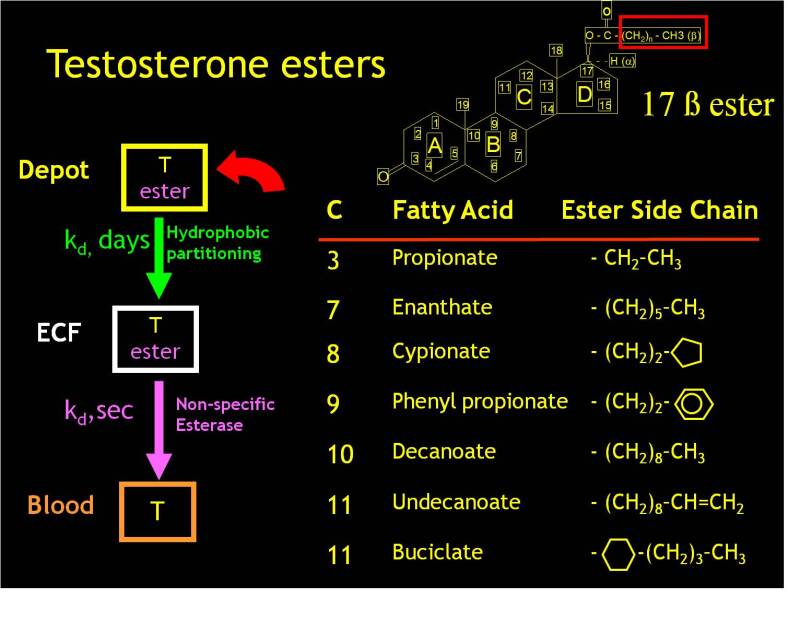
Testosterone: Insights from Recent Science on Aging, Health, and Hormonal Enhancement
Reviewed by Denise Asafu-Adjei, M.D., MPH
Several years back, Precision Nutrition co-founder John Berardi, PhD, shared a shirtless photo on his 47th birthday, confidently highlighting his toned and muscular build—an accomplishment he attributed to 30 years of persistent strength training and committed lifestyle practices. The post sparked numerous questions, particularly: “Are you on testosterone?”
Dr. Berardi’s response? No. While he recognized the importance of testosterone replacement therapy (TRT) for those who genuinely require it, he described his testosterone levels as “boringly normal.” His post ignited an essential dialogue regarding testosterone, aging, and the increasing societal focus on hormone enhancement.
In the current health and fitness arena, testosterone is enveloped in an air of intrigue and misconceptions. From online forums to male telehealth services, many individuals are seeking methods to naturally—or artificially—increase this crucial hormone. But what does the scientific community actually indicate?
This article addresses frequently asked questions about testosterone reduction, TRT, and research-backed methods to enhance levels for lasting health and wellness.
What Is Testosterone?
Testosterone is a sex hormone primarily produced in the male testes (and in lesser quantities by the ovaries and adrenal glands in females). It is vital for:
– The development of male sexual characteristics such as muscle mass, facial hair, and deeper voice
– Sperm production and sexual drive
– Bone mineral density
– Production of red blood cells
– Regulation of mood and energy levels
Testosterone is often mistakenly perceived as merely a “male hormone,” with higher levels deemed universally advantageous. However, the reality is more complex.
Dr. Denise Asafu-Adjei, a urologist and authority on men’s health, clarifies that testosterone exists on a continuum. Both low and excessively high levels can lead to health challenges. Optimal testosterone levels are found in the middle—within a “normal,” healthy range.
Consequences of Insufficient or Excessive Testosterone
Testosterone levels that are below normal—a condition termed hypogonadism—can result in a variety of problems, such as:
– Diminished libido and erectile dysfunction
– Fatigue and depressive moods
– Reduced bone density
– Loss of lean muscle mass
– Increased fat accumulation
– Impaired concentration and memory
On the other hand, excessively high testosterone levels, usually only attained through anabolic steroid use or excessive TRT, are problematic as well. Risks include:
– Higher blood pressure
– Blood clots
– Damage to the heart
– Increased irritability and mood fluctuations
– Acne and greasiness of the skin
– Smaller testicles and lowered fertility
Thus, achieving balance is essential.
In simpler terms, an abundance of testosterone does not equate to enhanced masculinity, energy, or health.
Natural Age-Related Testosterone Reduction: Typical vs. Concerning
Testosterone levels naturally peak in a man’s 20s and then gradually decline—approximately 1–2% per year—after the age of 30 or 40. By the time men reach 75, they usually have about 30% less testosterone than at 25.
Nevertheless, that does not equate to “low T.”
Hypogonadism is diagnosed when testosterone levels drop below the normal range, accompanied by symptoms. The Endocrine Society reports that about 35% of men over 45 fit the criteria for hypogonadism, particularly among those with obesity or type 2 diabetes.
It is crucial to note that symptoms that may appear to indicate testosterone deficiency—such as fatigue, reduced libido, or irritability—can also stem from other prevalent issues, including:
– Lack of sleep
– Prolonged stress
– Nutritional deficiencies
– Depression
“If you’re not feeling like your usual self, don’t rush to conclusions,” advises Dr. Asafu-Adjei. “Seek a comprehensive medical evaluation. The underlying cause might be more intricate than merely testosterone levels.”
Customizing Testosterone Treatment: The Importance of Healthcare Professionals
Testosterone therapy is not a uniform approach. Blood tests, symptoms, health conditions, and lifestyle factors all contribute to the diagnostic process.
“Besides your total testosterone,” Dr. Asafu-Adjei explains, “physicians also assess your testosterone-to-estrogen ratio, free testosterone, and various hormones such as LH and FSH.” This is why partnering with a knowledgeable healthcare expert, such as a urologist or endocrinologist, is vital.
If you’re a coach or trainer working with male clients over 40, it’s prudent to build referral connections with medical professionals specializing in men’s health and hormone treatment.
Testosterone & Behavior: Does More Mean More Aggressiveness?
Popular culture portrays testosterone as the hormone of the “alpha male,” associated with assertiveness and dominance. However, recent studies present a far more intricate narrative.
Both insufficient and excessive testosterone can result in irritability. Context is a significant factor.